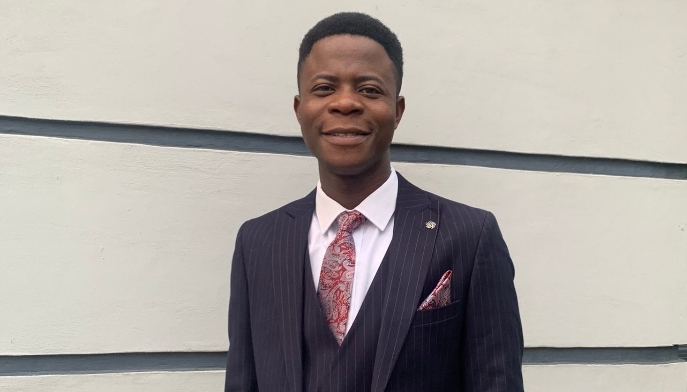LAWYER SUES GOVERNOR FOR BLOCKING HIM ON TWITTER
By : Oluyemi Ogunseyin
A lawyer, Festus Ogun, on Friday said he has dragged Lagos State Governor, Babajide Sanwo-Olu, to court for blocking him on popular microblogging and social networking service, X (formerly Twitter).
The Lagos-based human rights lawyer argued that Sanwo-Olu’s action violates his constitutional right to freedom of expression and amounts to censorship by a public official.
Ogun, posting a picture of the lawsuit on Friday, wrote on his official X account: “I have now sued Sanwo-Olu for blocking me on Twitter. I asked the court to compel him to unblock and apologise to me. Truly, I have gone through mental stress and trauma over this matter, but I will not ask for damages, so I won’t be seen as a gold-digger. Just unblock me.”
The charge read, “Fundamental Rights Enforcement Procedure (FREP): Let GOVERNOR OF LAGOS STATE of The Secretariat, Obafemi Awolowo Way, Ikeja, Lagos State, Nigeria, within thirty days after the service of this summons on him, inclusive of the day of such service, cause appearance to be entered for him to this summons which is issued upon the application of FESTUS OGUN of No. 26, Oni Street, Suruiere, Lagos, Nigeria, who seeks the determination of the following questions:
“Whether the literal and/or teleological construction of Sections 37 and 39 of the 1999 Constitution and Article 9 of the African Charter on Human and | Peoples’ Right (Ratification and Enforcement) Act 2004 precludes the | Respondent from blocking the Applicant’s X (formerly “Twitter”) account.”
For individuals, a check on privacy rights under Section 37 of the Nigerian Constitution may not be directly violated by a blocking on X, meaning that a standalone lawsuit for blocking on social media is not a standard legal action in Nigeria.
Also, while one cannot directly sue another for the act of blocking on X under the Nigerian Constitution, one may have grounds to sue if the blocking is part of a broader violation of his or her fundamental rights, particularly the person’s right to freedom of expression.
However, a lawsuit is more likely to succeed if the person blocking is a public official, such as a governor, because they have a greater obligation to engage in public discourse and may be violating constitutional rights by doing so.
The Guardian



Comments are closed.